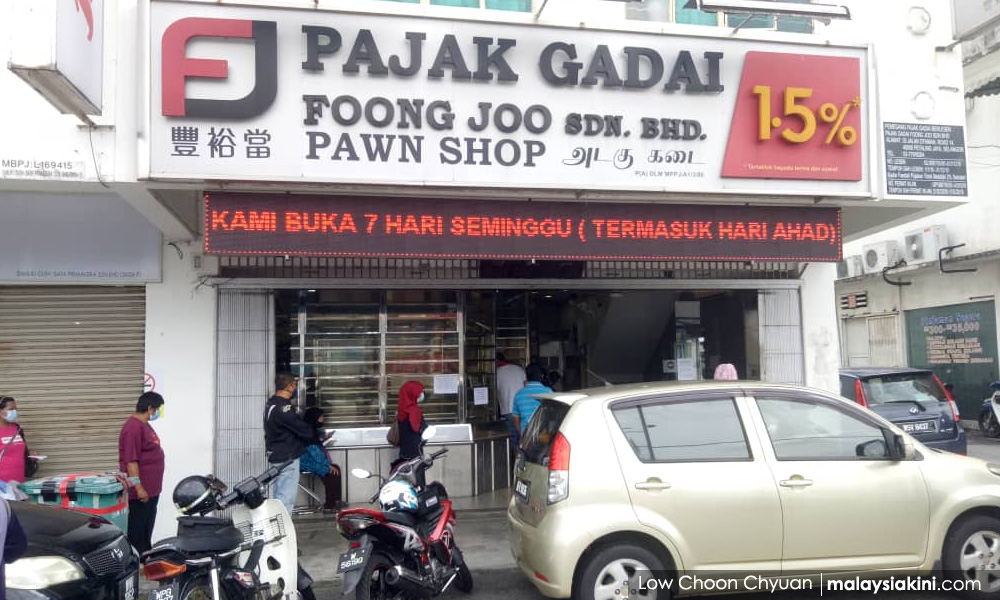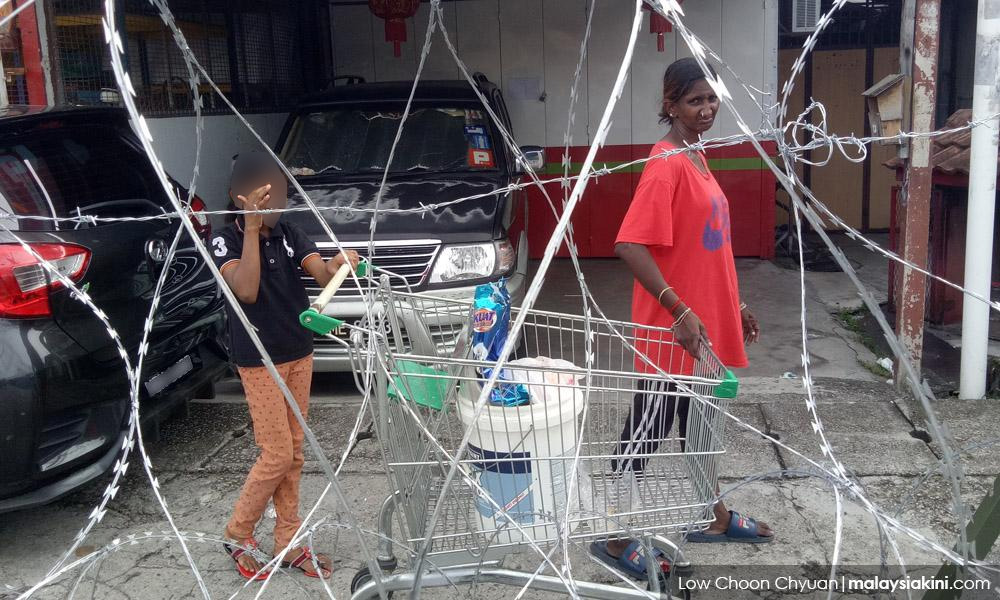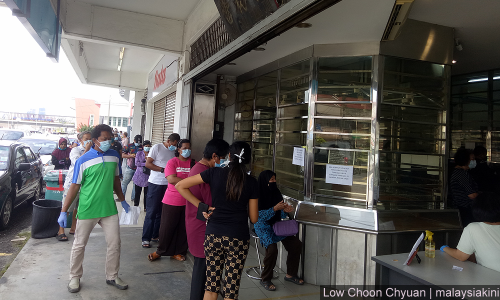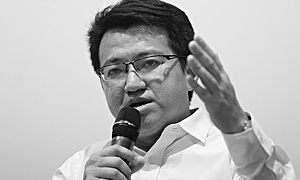COMMENT | Living on the edge
COMMENT | Economic hardship hits everyone. But it hits the lower-income group and the poor the most, regardless of race and religion.
Many of us have seen photos of long queues in front of pawn shops on the first day after the strict movement control order (MCO), enforced for a month and half, was relaxed.
Whether the people there wanted to pawn or redeem their jewellery, it was all about “the almost last resort of financing” before some would have to go a step lower to borrow from ah long (loan sharks).
I know the pain.
My mother used to sell lottery tickets after my father suffered losses in his small business venture. When I was between 12 and 14 years old, I was also selling the tickets on the streets.
As most of the lottery sales were made at eateries, even a week-long year-end rain that made many people stay home could mean poor sales and major losses of income for our family. There was no buffer.
When I remember those agonising days, I’m thankful that ours was only one week of lost sales. We did suffer but I dread to think of the economic consequences of the MCO on many Malaysians after almost 50 days of lockdown.
People at the bottom rung of the economy, especially those in the informal sectors like my parents, are usually more economically vulnerable and have to struggle hard to bounce back.
Malaysia’s worst economic crisis then was in 1985. But my family did not do well even in parts of the 1990s economic boom.
Scrambling to find the last RM50 cash to clear a RM10,000 cheque issued earlier to a wholesale agency which distributes lottery tickets to us were some of the unforgettable experiences.
During unlucky days when that precious RM50 cash would not arrive in time, a painful pawn shop visit became our last resort which would involve my mother’s wedding jewellery.

To this day I am thankful that my parents never had to resort to borrowing from an ah long although the idea was contemplated when times were really hard.
I am also relieved that we never had to move out from our single-storey brick urban house despite my father telling us that had the situation worsen we would have to return to his family kampung house. As a young boy, the thought haunted me for months – the house was surrounded by graveyards in the large cemetery area behind the old Istana Negara.
Once when I was 11 (in 1988), we ran out of money to buy rice for about a week. My father was working outstation at the time.
So, my mother and I carried a stock of body shampoo and laundry powder from a multilevel marketing business we were involved in and walked 3km uphill to the bungalow area nearby and rang the bell of each house to sell our stuff, trying to get as much cash as we could.
I can still feel the pain today.
My parents worked very hard all their lives. At times, one feels that even the rain was against us, because there was no safety net. The hardship inspired me to become a politician because I didn’t want others to suffer what my parents went through.
Three decades later, the whole world and Malaysia are going through lockdown due to the Covid-19 pandemic. During this MCO, I dread thinking about the 12-year-olds today, especially those from the lower-income family.

We need to remind ourselves that informal work didn’t begin with the trendy gig economy a few years ago. To many of us, our parents and grandparents went through the same hardship years before the term gig economy was coined.
I plead to those in power, to the government, do whatever it takes, do all you can. People before profit.
When it comes to securing jobs, shelter and food, even if you may err on overdoing it, please just do it.
Those in power, you may not have experienced desperate lives on the edge, but please show empathy and act on it. In the time of a pandemic, it’s back to basics: ensure jobs, shelter and food, as well as healthcare.
LIEW CHIN TONG is a senator and ex-deputy defence minister.
The views expressed here are those of the author/contributor and do not necessarily represent the views of Malaysiakini.
RM12.50 / month
- Unlimited access to award-winning journalism
- Comment and share your opinions on all our articles
- Gift interesting stories to your friends
- Tax deductable

